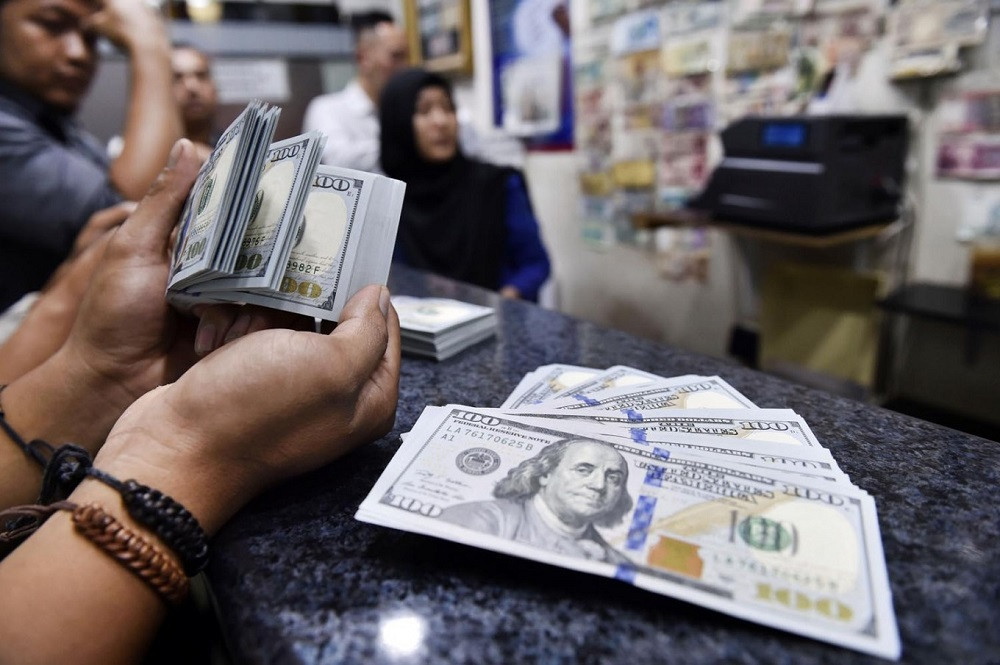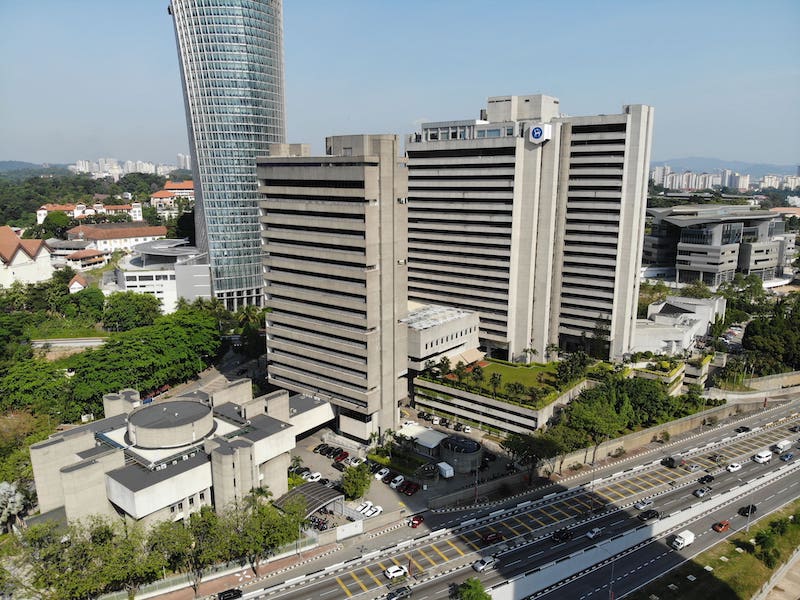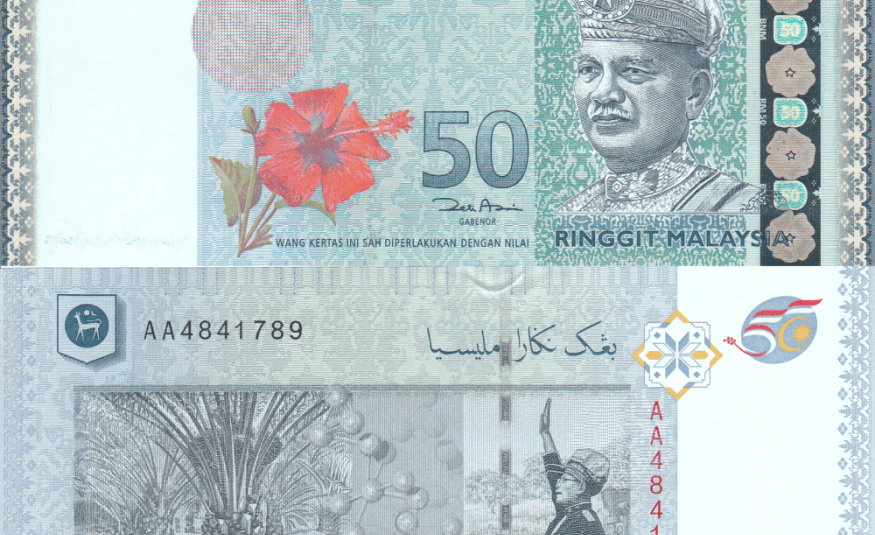KUALA LUMPUR May 9 - There was a time when the ringgit was strong and solid at RM2.50 to the US dollar.
But that was decades ago.
Over time, the ringgit gradually began to lose its value and is now hovering at the RM4 level.
Last week, the ringgit weakened to RM4.37 to the greenback, the lowest since May 2020.
To add salt to the wound, the ringgit weakened to RM3.17 to the Singapore dollar which is the ringgit's worse ever valuation.
But what are the factors contributing to the slide in the ringgit?
Is it due to weak external factors such as the challenging global economy?
Or is it due to the country's unstable political climate which has seen three prime ministers helming the country?
Ringgit has been declining against six regional currencies
In a letter to the New Straits Times editor, reader Joshua Woo said the ringgit has been waning for the past decade.
"The latest devaluation of the ringgit is not sudden or unexpected.
"Over the last 10 years, the ringgit's value has been gradually declining, not only against the Singapore dollar but also against the US dollar, China's renminbi, Thailand's baht, Vietnam's dong, and even the Bangladeshi taka.
"The decade-long devaluation pattern is too obvious to be dismissed.
The low value of the ringgit also means that the currency has weak demand in the international community which means lesser use in trade.
So, the devaluation of ringgit is not caused mainly by external factors, but by the incompetent federal administration that has failed to increase Malaysia's competitiveness over the past decades," wrote Woo in the letter sighted by DagangNews.com.

An economist somewhat agrees
Is the ringgit partly weakened by political wranglings in the country?
An economist at a local brokerage said: To some degree, political fracases d have some influence on the ringgit.
"But at the moment, the main focus now is on the US Federal Reserve.
"Beyond the US Federal Reserves, fundamental issues such as the competitive landscape of our economy and government policies would determine the direction of the ringgit in the long run," the economist told DagangNews.com.
The weak ringgit is also due to the strengthening greenback
It must be also made clear here that the ringgit is not actually weak but rather it is the greenback which is gaining ground.
Bank Islam chief economist Dr Mohd Afzanizam Abdul Rashid said the strengthening of the US dollar has been the main driving force.
"The US Federal Reserve is expected to be aggressive in tightening their monetary policies.
The Federal Fund Rate which is the benchmark interest rate for the US economy is likely to end the year between 2.50 percent to 3.00 percent.
"The Fed is likely ro reduce their balance sheet size by US$47.5 billion per month beginning 1 June for three months.

Thereafter, the pace for balance sheet reduce will picked up further to US$95 billion.
"There will be less global liquidity and there’s always two sides of the coin when arguing the effects of currency fluctuation.
Speaking to DagangNews, Afzanizam said the weakening of the currency would certainly increase the import bill as businesses and consumers would need to pay more.
However, on exports, it will make our products and services to be more competitive in the eyes of the foreign buyer.
"So this will help to power our export growth and this is why it is important to ensure that our currency remains flexible.
Ringgit solely dictated by market forces
To give the country's politicians the benefit of the doubt, there is also the possibility that the ringgit is dictated by market forces after all and not by political developments.
Professor Dr Geoffrey Williams said exchange rates are subject to market speculation and it can only tentatively be linked to any set of economic fundamentals in the short-term.
"Even interest differentials are relatively weak at predicting exchange rate movements.
"On a day-to-day or even week-to-week basis exchange rates are driven by market reactions, speculation and profit-taking or loss-avoiding factors.
So actually, whether the ringgit is "low" or the dollar is "high" is rather meaningless on a day-to-day basis.
"We can only judge this in the long-term. For now, it's too difficult to judge," the economics lecturer at Management and Science University told DagangNews.

He added the markets are currently very febrile and are spooked on a minute-by-minute basis be it war, oil, recession risk, interest rates, China lockdowns, politics or whatever.
"There is no underlying story except exchange markets and all financial markets are volatile at the moment due to daily crises."
"Important point to make is that economic policy and interest rates should never be influenced by exchange rates because they are too unpredictable," said Williams.
A point to ponder, Bank Negara Malaysia said the ringgit is battered by weak external factors.
Well, it is true that external factors affect the ringgit's value but at the same time, all the six other currencies are subjected to their own external factors too.
It is possible that in the past 10 years, the value of regional currencies has gradually strengthened while the ringgit continues to be in the doldrums.

Is the ringgit wobbly due to the volatile global economic conditions?
Or is the ringgit feeble due to the never-ending political bickering in the country which has scared away investors?
You be the judge. - DagangNews.com










